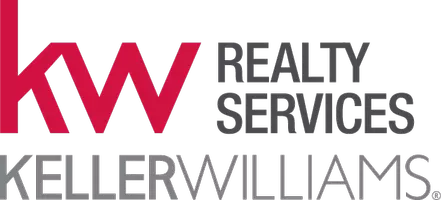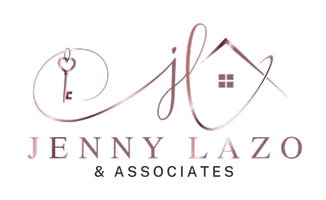Blog > How to finance a home purchase: Understanding mortgages, loans, and other financing options!
How to finance a home purchase: Understanding mortgages, loans, and other financing options!
by
Buying a home is a major financial decision, and for most people, it requires financing. If you're in the market for a new home, understanding your financing options is essential. Here, we'll explore the different types of home loans and financing options available to you.

-
Mortgages: The most common type of home loan is a mortgage. Mortgages are offered by banks and other financial institutions and can be fixed-rate or adjustable-rate. With a fixed-rate mortgage, your interest rate stays the same for the life of the loan, while with an adjustable-rate mortgage, your rate can fluctuate based on market conditions.
-
FHA loans: The Federal Housing Administration (FHA) offers loans to first-time homebuyers and others who may not qualify for a traditional mortgage. These loans are backed by the government and have more lenient credit and income requirements.
-
VA loans: If you're a veteran or active-duty military member, you may be eligible for a VA loan. These loans are backed by the Department of Veterans Affairs and offer competitive interest rates and no down payment requirement.
-
USDA loans: The United States Department of Agriculture (USDA) offers loans to homebuyers in rural areas. These loans have no down payment requirement and offer competitive interest rates.
-
Home equity loans: If you already own a home, you may be able to take out a home equity loan to finance your new purchase. Home equity loans allow you to borrow against the equity you've built up in your home and can be a good option if you have a lot of equity and need a large amount of money.
-
Personal loans: If you can't qualify for a traditional mortgage, you may be able to take out a personal loan to finance your home purchase. Personal loans typically have higher interest rates than mortgages, but they can be a good option if you have good credit and need to borrow a smaller amount of money.
-
401(k) loans: If you have a 401(k) plan, you may be able to borrow against it to finance your home purchase. While this can be a good option in some cases, it's important to understand the risks involved and the potential impact on your retirement savings.
When choosing a financing option, it's important to consider your personal financial situation, including your credit score, income, and debt-to-income ratio. Working with a financial advisor or mortgage broker can also be helpful in understanding your options and choosing the best one for you.
In conclusion, financing a home purchase can be complex, but with the right information and guidance, you can make an informed decision and find the financing option that works best for your needs.
Need to connect with a mortgage professional to see what option best suits you? We can help!



